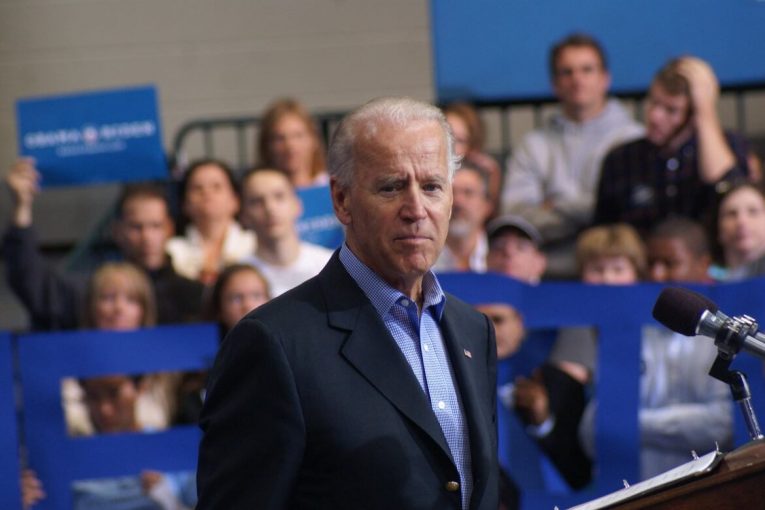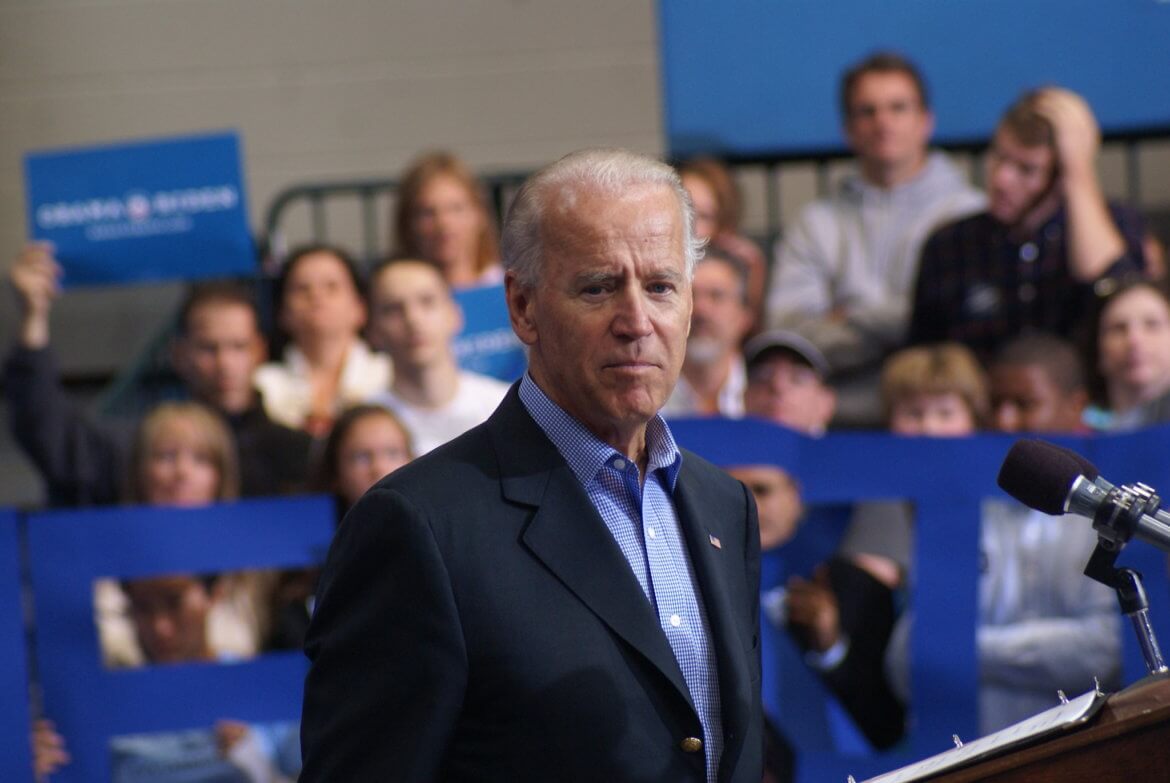

By Nicole Knauer
The Build Back Better reconciliation bill has been announced by President Joe Biden, intending to better the environmental crisis, create millions of jobs and grow the economy for the lower and middle class.
Specifically, this bill will introduce the largest fight against climate change in America’s history by decreasing greenhouse gas pollution by one gigaton by the deadline of 2030, reducing the cost of consumer energy and investing in a progressive clean energy economy for transportation, electricity, and agriculture.
Furthermore, this bill will provide health care coverage for up to four million uninsured Americans by extending Premium Tax Credit and Medicare. It will also strengthen the middle class by investing in affordable housing and education beyond high school, cut taxes for seventeen million low-wage workers and expand investments in maternal health, community violence interventions and nutrition.
These funds will come from large corporations which, until now, have been finding tax loopholes and shifting jobs and profits overseas.
Currently, the bill is being negotiated in Sacramento, and the Senate Democrats are proposing, with support from unions, to increase the penalization of companies in violation of labor laws. The penalties would increase to up to $100,000, and directors and officers would be forced to take direct responsibility for their actions.
The Build Back Better bill is composed of two parts, the Infrastructure Bill and the Reconciliation Bill, the latter of the two being the more controversial, which has raised concern from both the Democratic and Republican sides.
The Infrastructure Bill will address the clean energy efforts promised by President Biden by repairing and replacing aging public work sites such as airports and roads, as well as offering more environmentally conscious alternatives. The nation’s electricity grid will also be updated to carry more renewable energy. Updates include, but are not limited to, electrical vehicle charging stations, cleaner busses and ferries, and removal of lead pipes. Initially, Biden hoped for funding of $2.3 trillion, but has reduced the budget to $1.2 trillion.
The Reconciliation Bill will address the support of the middle class and reduction in childhood poverty. Medicare is proposed to include dental, hearing, and vision aids; elderly care will be funded; preschool and two-year college fees will be waived; funds will be allocated to researching effects of climate change on agriculture; tariffs will be placed on goods imported from companies with lagging climate policies and taxes will be increased on the upper class and on large corporations.
The controversy of the Reconciliation Bill is due to several factors. The first is that one hundred progressive House Democrats will not vote on the Infrastructure Bill unless the Reconciliation Bill is also passed. The second is a concern voiced by both moderate Democrats and Republicans alike: that the cost of the Reconciliation Bill will be too great, and that it will hinder pharmaceutical companies.
Cost-wise, although no specific number has been calculated, taxes will be raised considerably and, even with the tax increase, the federal deficit would increase by another $256 billion. With the tax increase, the nation also risks its economic competitiveness.
The effects of the Reconciliation Bill on pharmaceutical companies are also a matter of controversy. The bill is opposed by Senator Kyrsten Sinema, fellow author of the Infrastructure Bill, due to the use of Medicare to leverage drug cost prices.
The last concern, mainly that of the Republicans, is that the debt ceiling would be raised even higher, and they are unwilling to allow a bill to be passed which will place even greater economic stress on the nation. In response, Democrats are arguing that the Republicans are being short-sighted and that they were willing to support President Donald Trump when he needed funding to reach political agendas.





Yeah, like the Democrats supported Trump’s political agendas. LMAO
An eye for an eye makes the world go blind
So now the GOP is supposed to cooperate to keep the world from going blind?
Actually 13 just did to help get the infrastructure passed, where was that when Trump was President?
Trump had a chance to move a similar infrastructure package forward with bi-partisan support, but walked out in a temper tantrum.
So printing all this money and pouring more trillion$ into the economy right now should calm inflation, said no one ever.
Yes, Keith O, a “two-edged sword”… and a mighty complicated and potentially dangerous one…
Relieving immediate problems, financially, for many… spurring inflation that hurts pretty much all ($15 dollar/hour min, will have to go up [in ‘progressives’ views, and in ‘justice’])… with inflation going from 1-2% to over 6%, SS recipients will get that factored in to their benefits… further compromising the ‘trust fund’… making it more likely that SS and Medicare will “go bust” unless there are infusions of taxes (employer/employee, and general)… which may lead to more inflation…
But, the other side is many “boats will float”, and that portion spent on infrastructure are largely “past due accounts”… the “pay me now or pay me later with huge ‘interest’ ” thingy.
On infrastructure… do you oppose the infusion of money? To me, it is a past due account, in the main.
Feel good, that if inflation goes rampant, stocks will rise, and SS recipients will be covered… that will not be true of benefits from those getting PERS pensions… limited to inflation or 2 % (most cases) whichever is the lesser…
The scary thing, KO, is that ‘people’ now ARE saying just that.
“‘The past was erased, the erasure was forgotten, the lie became the truth.”
–1984
Or was it 2021 ?
You’re right Alan, here’s Biden’s own words, unbelievable as they are: